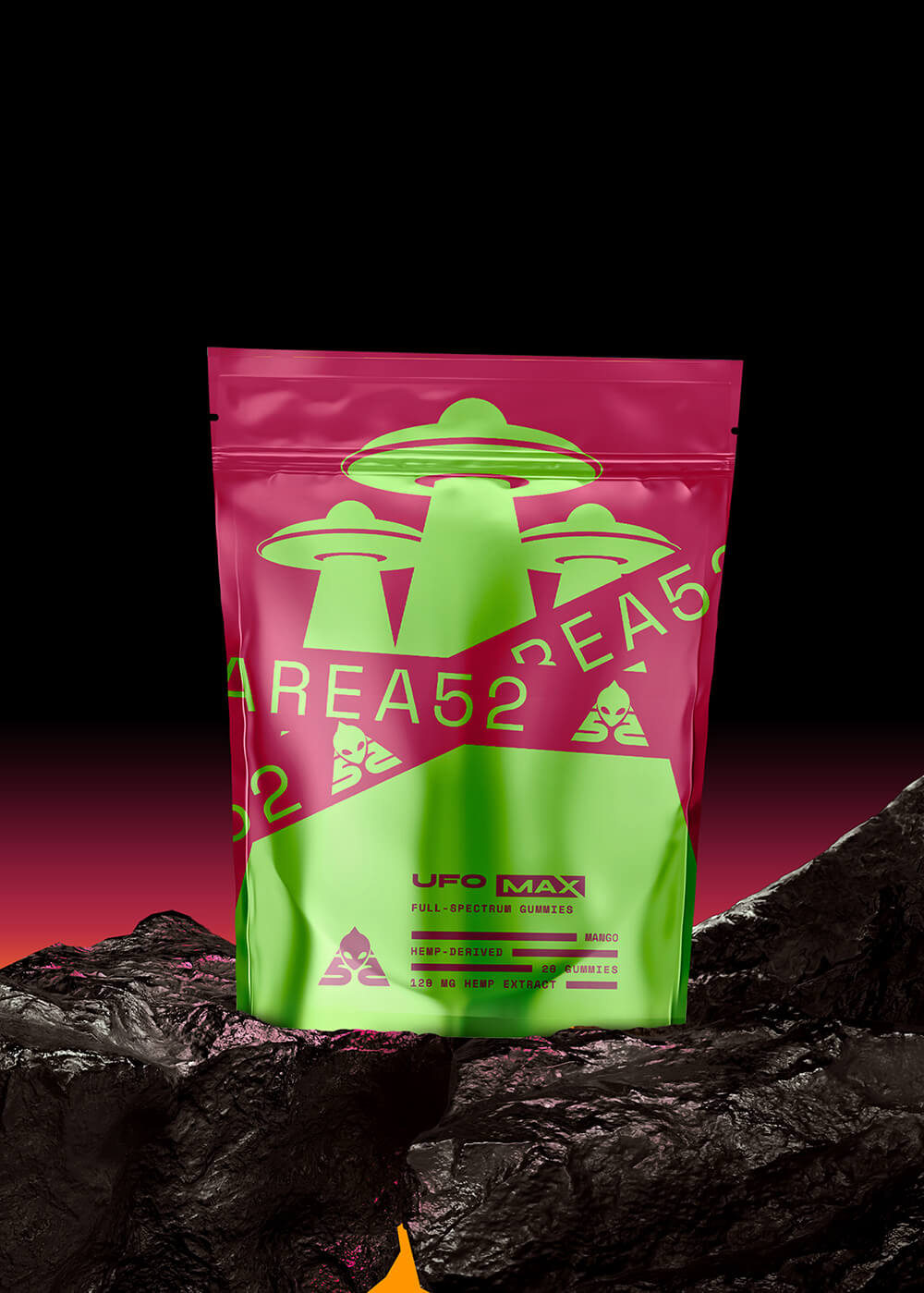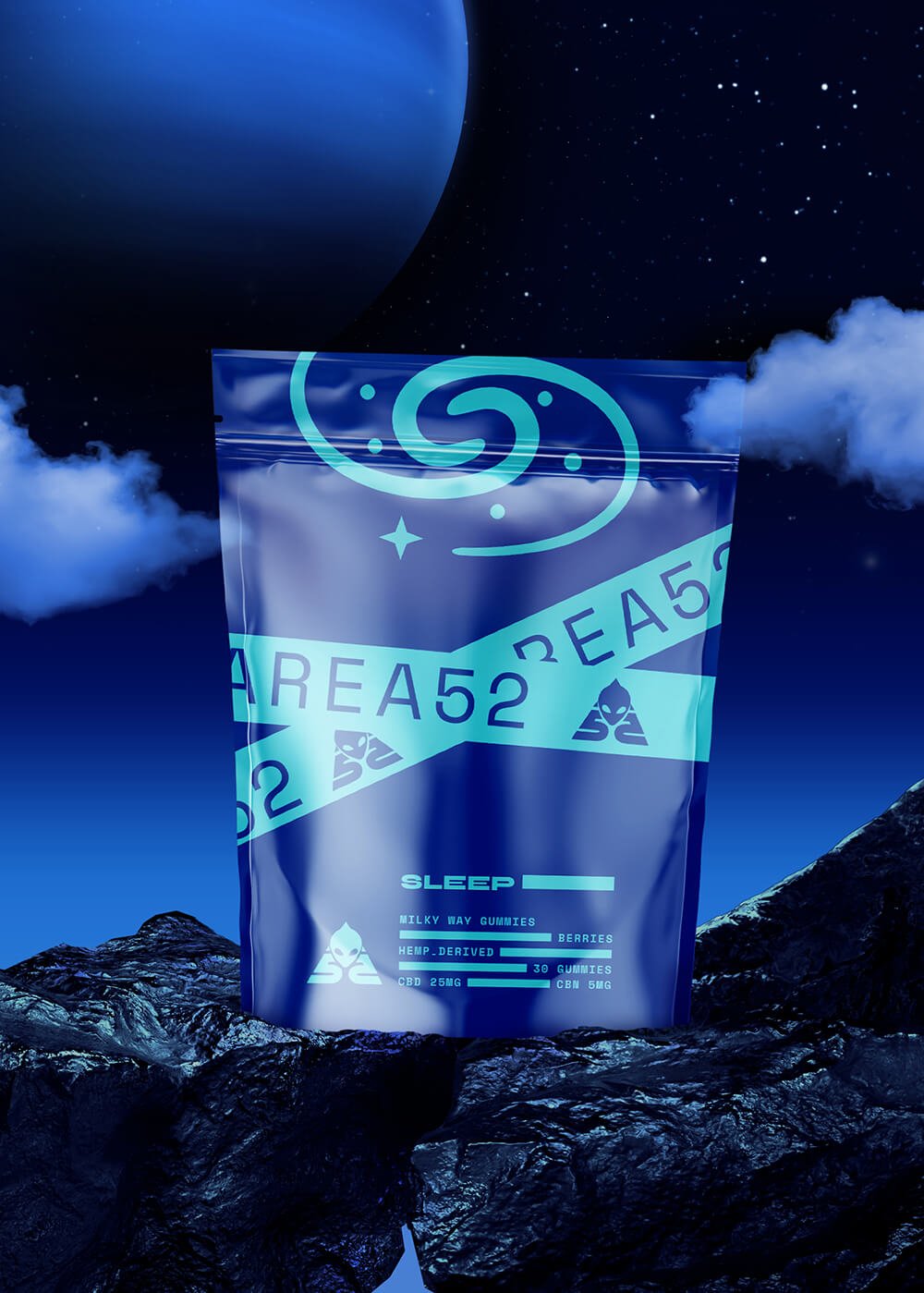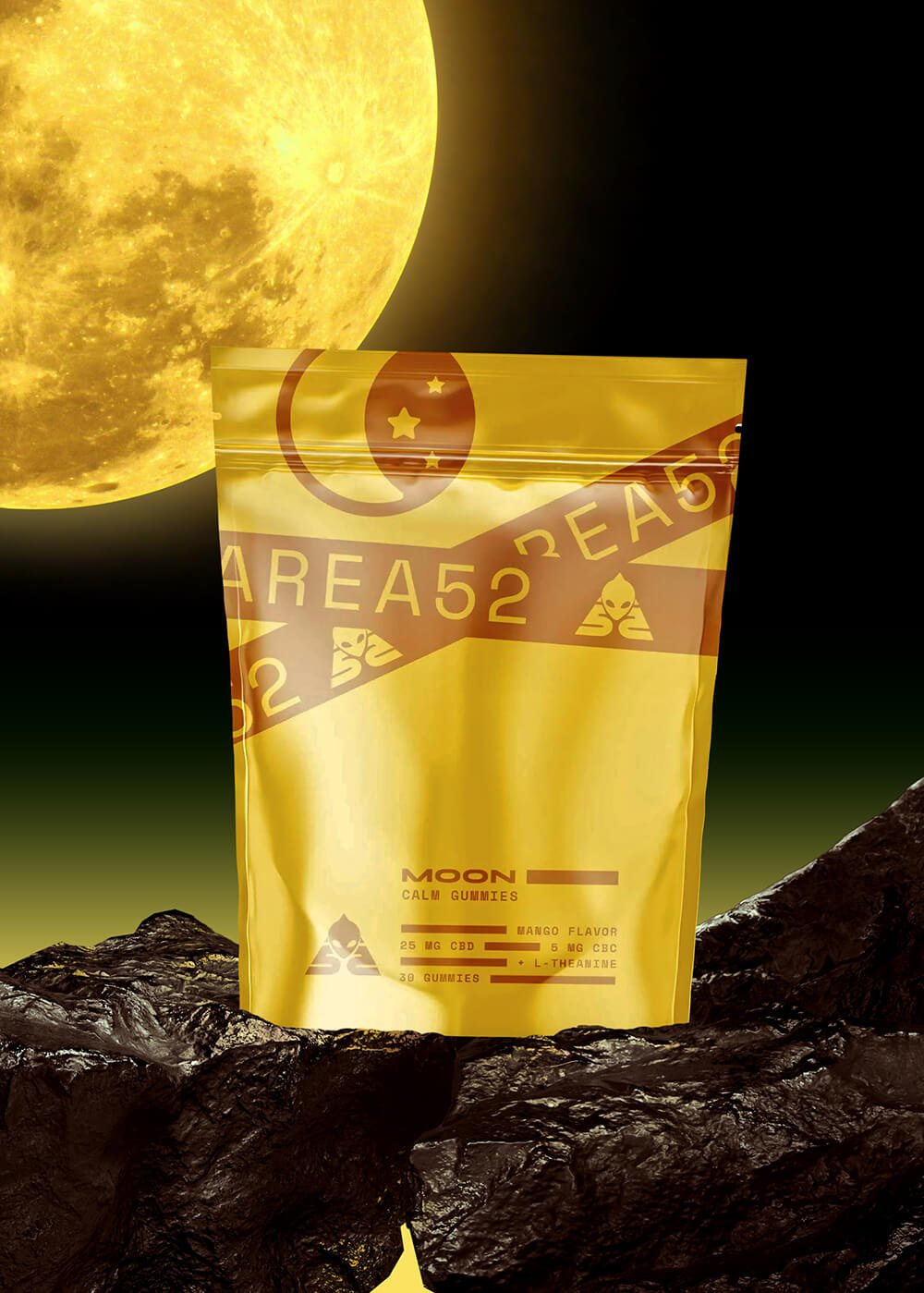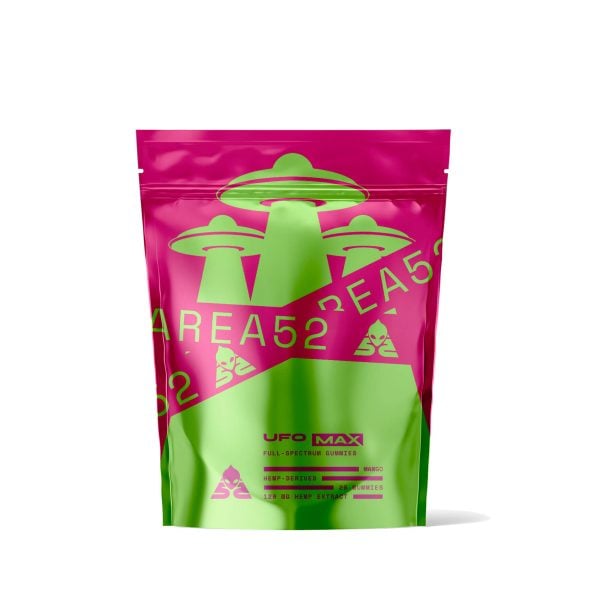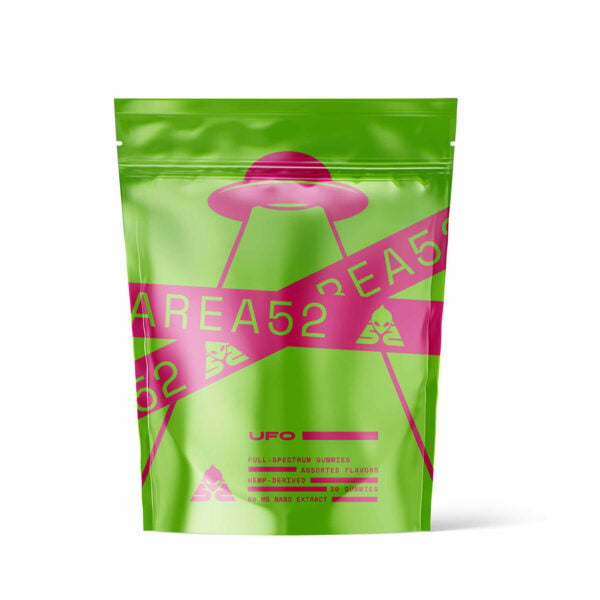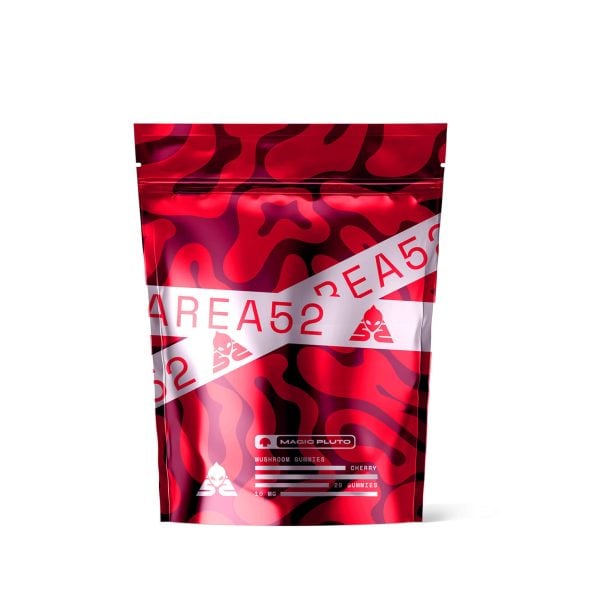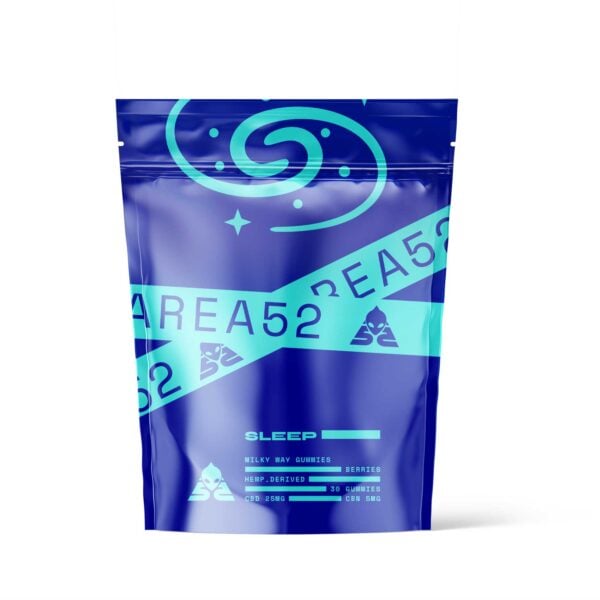What Is Delta 10 THC? Things You Need to Know
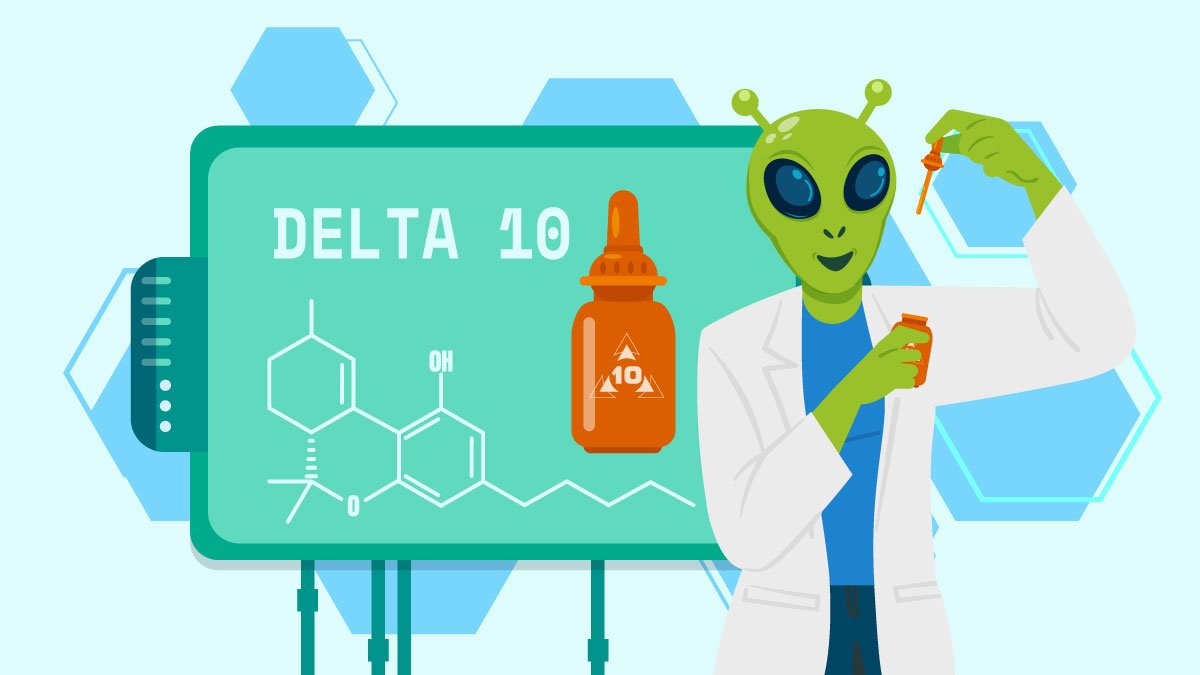
If you’re connected to the cannabis scene on any level — and obviously you are — you’re aware of what seems like a flood of new cannabinoids hitting the market.
Delta 8 snuck onto the scene and settled nicely, almost like it was preparing society for the rest of them. Delta 10 THC came right behind it and has established itself as a legitimate alternative to the other forms of THC already available.
Here’s Delta 10 THC: what it is, if it’s even legal, its effects, and why this fad won’t die any time soon.
What Is Delta 10 THC?
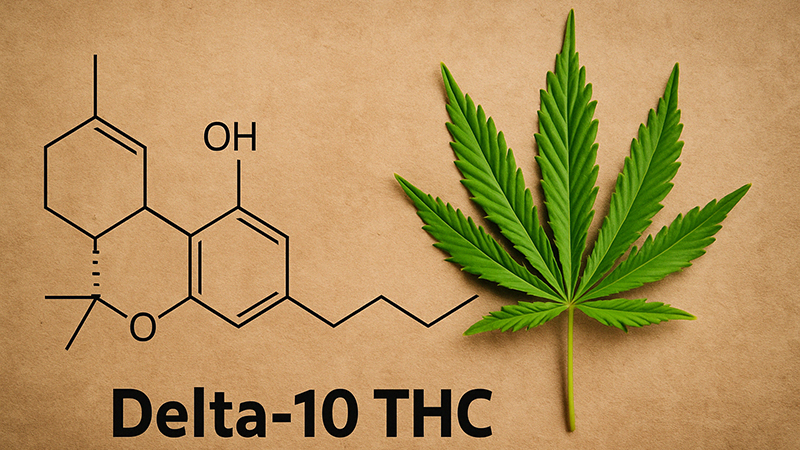
We’ll start by explaining its chemical structure. That way, you’ll have a better understanding of what really matters — its effects.
Delta 10 is similar to delta 8 because they’re both delta 9 THC isomers (usually just called “THC”). You probably know the rundown on the carbon chains by now, but just in case you missed it:
Delta 9 has its double bond on the 9th carbon chain; delta 8’s is on the 8th carbon chain, and — you guessed it — delta 10’s is on the 10th. This just shows how similar they are.
All three interact with our endocannabinoid system, just in varying degrees.
Learn more: Differences between Delta 9 and Delta 10
Delta 10 & the Endocannabinoid System
THC, delta 8, and delta 10 all bind to (influence) CB1 and CB2 receptors. Not sure what those are? Check out our piece on the endocannabinoid system — it’s a good read.
THC binds tightly with CB1, the one that’s mostly in our central nervous system. This is why THC causes a “high.” Delta 10 and delta 8 bind to it, too, but to a lesser degree.
How Will Delta 10 Make Me Feel?

It’s easy to think of THC, delta 8, and delta 10 in levels of potency.
THC, because of its strong affinity to CB1, is the most psychoactive. Delta 8 comes next at almost half as potent as THC. Delta 10 is slightly less potent than delta 8.
But there’s more.
THC can mess with you mentally and physically; too much can make you anxious, paranoid, and pretty much unable to move, except for when you put chips into your mouth. Delta 8 and delta 10 can cause these side effects too, but most users report these sensations are much less common than with their stronger sibling, delta 9. The general consensus is that the psychoactive effects of delta 10 is more clear-headed and functional than delta 9.
The primary difference between delta 8 and delta 10 is that Delta 10 is cerebral feels more like sativa strains, while delta 8 has effects that are more akin to indica strains.
If you’re planning on getting to work after taking cannabinoids, go for delta 10. If you’re just going to relax and unwind, delta 8 could be a better option.
Side Effects of Delta 10 THC
The safety profile and side effects of delta 10 are about the same as with delta 8. Both delta 10 and delta 8 seem to be safe, but this is primarily based on the efficacy and safety of marijuana.
Hypothetically, if THC is relatively safe, then delta 10 and delta 8 should be safe by default since they’re similar yet less potent.
Common side effects of delta 10:
- Dry mouth
- Red eyes
- Headache
- Lightheadedness
Is Delta 10 Legal?
Yes, delta 10 is legal under federal law — unless it comes from marijuana and not the hemp plant or your state says otherwise. Although, it could come from marijuana and still be legal if you live in a cool state that allows things like that.
The 2018 Farm Bill says that hemp and hemp-derived cannabinoids and derivatives are federally legal if their THC content is within the legal limit of under 0.3%. Though delta 8 THC is federally legal and derived from legal hemp, some states have already banned it (even states with legalized marijuana), and it’s possible delta 10 could follow suit.
So far, delta 10 is illegal in the following states:
- Alaska
- Arizona
- Arkansas
- Colorado
- Delaware
- Idaho
- Iowa
- Mississippi
- Montana
- Rhode Island
- Utah
Pay attention to your local laws and the legal status of psychoactive cannabinoids like delta 8 and delta 10 because they can change rapidly; however, federally, it falls into a legal gray area.
Where Does Delta 10 Come From?
Delta 10 is produced the same way as how delta 8 is made. First, the manufacturer extracts CBD from hemp (this is crucial since it’s only legal if it comes from hemp derived CBD). Delta 10 is in even smaller amounts than delta 8, making it impossible to extract enough without a special isomerization process.
Delta 10 requires extensive refining, making it rarer and more expensive than delta 8.
Because these processes use chemicals, it’s vital you buy from a reputable dealer.
Is Delta 10 Synthetic?
No, delta 10 is not synthetic, with the plant producing trace amounts of it. Even though we can’t extract enough without a bit of magic (or chemistry, as we now call it), it’s still a completely natural cannabinoid that occurs naturally in cannabis plants without human intervention.
We just speed up the process, so there’s enough to share not only in the cannabis industry but in the health and wellness space as well, with people using delta 10 and other cannabinoids for stress, discomfort, and other medical reasons.
You can thank us later.
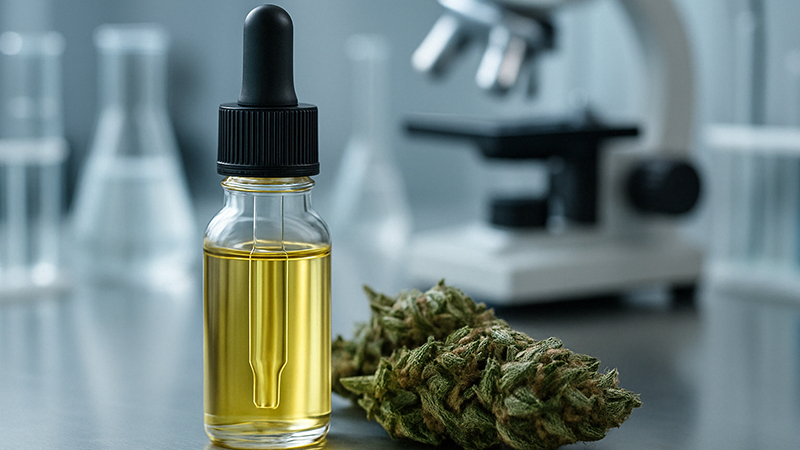
Conclusion: Is Delta 10 Worth Trying?
Delta 10 is definitely worth adding to your shopping list if you want to try something unique. It can nicely complement your daytime routine by providing a little motivation and a skip in your step. Plus, who knows what other health benefits to the human body lurk beneath the surface.
As always, don’t buy it from just anywhere. You’re worth more than that. Buy the best and stay safe. And make sure it’s legal where you live.
Other than that, delta 10 gives you very little to worry about. You might even prefer it over THC.
FAQs on Delta 10 THC
We’ve listed below some of the questions commonly asked about delta 10 THC and its own unique effects.
1. Does Delta 10 Get You Stoned?
Yes. Similar to delta 8 and delta 9 THC, delta 10 has intoxicating effects and can get you stoned, although the intensity isn’t as potent as delta 9 THC products. Do note though that consuming delta 10 can also cause a positive drug test.
2. Is Delta 9 or 10 Stronger?
Delta 9 THC is stronger and has more potent psychoactive effects than delta 10 THC. This is because delta 9 binds more tightly to the cannabinoid receptor type 1, the receptor that induces the cannabis high. Delta 10, on the other hand, has a weaker affinity for the same receptor.
3. Is Delta 10 THC Sativa or Indica?
Delta 10 THC isn’t a type of cannabis strain, but a type of THC isomer. However, it does have sativa-like effects. It promotes increased focus and boosts energy, making it perfect for daytime use. It also has euphoric and uplifting effects.
4. Is Delta 10 Natural or Synthetic?
Delta 10 is a cannabinoid found naturally in hemp and cannabis plants. However, it’s only produced in trace amounts, which is why we convert CBD to delta 10 to get higher yields.
Hemp derived THC and its isomers are technically legal on a federal level and aren’t explicitly classified as controlled substances, as long as they’re sourced from industrial hemp with less than 0.3% THC. However, the Drug Enforcement Administration is monitoring them due to concerns over their production process, potency, and legality.
5. What Delta is the Strongest?
The strongest delta is delta 9 THC. However, the title of the strongest and most potent cannabinoid goes to THCP, which is 33 times stronger than delta 9 THC.
References Used
- Pacher, P., Bátkai, S., & Kunos, G. (2006). The endocannabinoid system is an emerging target of pharmacotherapy. Pharmacological Reviews, 58(3), 389-462.
- Bellnier, T., Brown, G. W., & Ortega, T. R. (2018). Preliminary evaluation of the efficacy, safety, and costs associated with the treatment of chronic pain with medical cannabis. Mental Health Clinician, 8(3), 110-115.
- Hollister, L. E., & Gillespie, H. K. (1973). Delta-8 and delta-9 tetrahydrocannabinol; Comparison in man by oral and intravenous administration. Clinical Pharmacology & Therapeutics, 14(3), 353-357.
- Maharajan, M. K., Yong, Y. J., Yip, H. Y., Woon, S. S., Yeap, K. M., Yap, K. Y., … & Yap, K. X. (2020). Medical cannabis for chronic pain: can it make a difference in pain management?. Journal of anesthesia, 34(1), 95-103.
- Ashton, C. H., & Moore, P. B. (2011). Endocannabinoid system dysfunction in mood and related disorders. Acta Psychiatrica Scandinavica, 124(4), 250-261.
- Russo, E. B. (2016). Clinical endocannabinoid deficiency reconsidered: current research supports the theory in migraine, fibromyalgia, irritable bowel, and other treatment-resistant syndromes. Cannabis and cannabinoid research, 1(1), 154-165.
- Bruni, N., Della Pepa, C., Oliaro-Bosso, S., Pessione, E., Gastaldi, D., & Dosio, F. (2018). Cannabinoid delivery systems for pain and inflammation treatment. Molecules, 23(10), 2478.
- Dariš, B., Verboten, M. T., Knez, Ž., & Ferk, P. (2019). Cannabinoids in cancer treatment: Therapeutic potential and legislation. Bosnian journal of basic medical sciences, 19(1), 14.
- Pérez-Olives, C., Rivas-Santisteban, R., Lillo, J., Navarro, G., & Franco, R. (2021). Recent Advances in the Potential of Cannabinoids for Neuroprotection in Alzheimer’s, Parkinson’s, and Huntington’s Diseases. Cannabinoids and Neuropsychiatric Disorders, 81-92.
